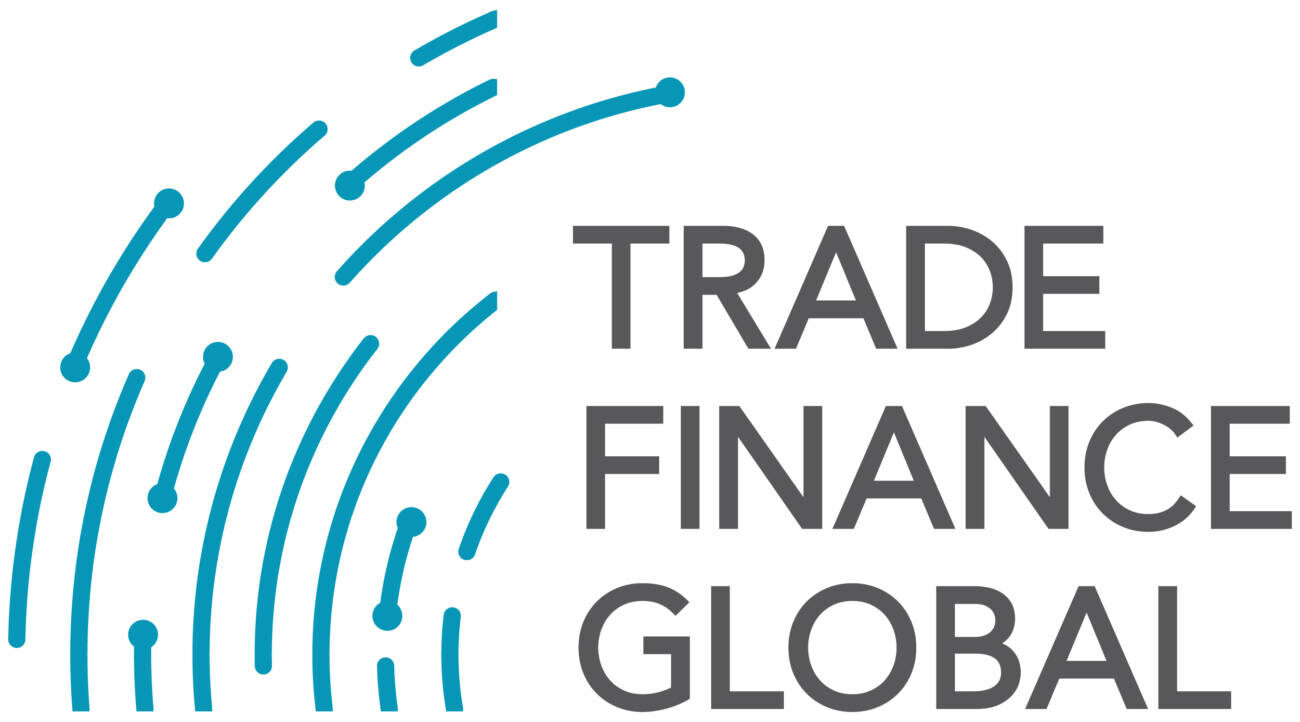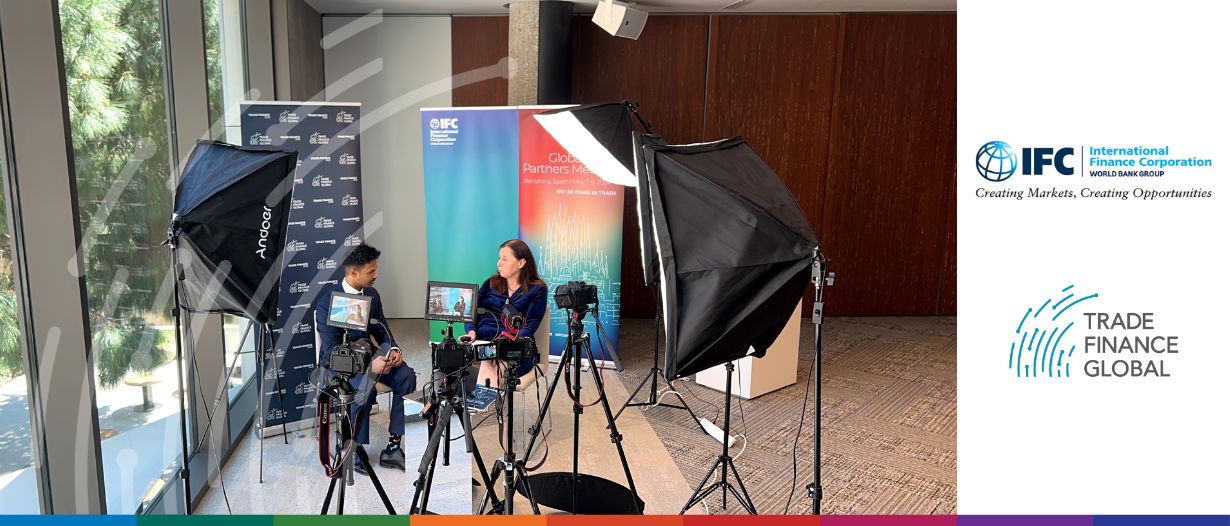Estimated reading time: 4 minutes
The International Finance Corporation, a member of the World Bank Group, has released a whitepaper, “Banking on Women Who Trade Across Borders”, exploring the gender disparity in international trade.
To learn more about this research and its implications for women-led traders, Trade Finance Global (TFG) spoke with Nathalie Louat, Global Director of Trade and Supply Chain Finance at the IFC.
Lack of research creates a lack of understanding
The IFC has been active in financing businesses led by women for 15 years, financing $4.5 billion of loans to these businesses. The organisation also has a Global Trade Finance Program (GTFP) aimed at reducing the trade finance gap, which has financed $100 billion worth of trade since its inception.
Louat said, “At some point, we brought our heads together and thought that we should focus on supporting more women-led exporters and importers. That’s where the idea of this program was launched.”
Five years after its launch, the IFC had financed $260 million of transactions for women-led businesses. While that is a large figure, it pales in comparison to the $40 billion of total financing the organisation provided for the same product class over the same time period.
When IFC tried to uncover the reasons why they were unable to reach more women-led businesses, they found there simply was not much research available.
Louat said, “We found a lot of research on why trade finance is important for trade. We found lots of research on why it is important to support SMEs, specifically. But there was no research on women-led businesses.”
With that realisation, the Banking on Women Who Trade Across Borders whitepaper was born.
The Banking on Women Who Trade Across Borders whitepaper
The white paper explores some of the barriers that disproportionately impact women in trade, including cultural barriers and lack of financial literacy and it ultimately discovers that the barriers are on both the demand and supply side.
Financial institutions tend to perceive that women-led businesses bear a greater risk profile, likely because they lack specific knowledge of these businesses, due to their generally shorter history.
Further, 90% of commercial bank respondents identified the absence of collateral as the primary reason for rejecting trade finance applications.
Louat said, “The lack of collateral is a problem in general for SMEs who are trying to access financing, but we found that the women businesses lack the assets to provide as collateral.”
On the demand side, companies seeking financing tend to have less financial experience and a smaller network.
Louat added, “Trade finance is complex. It requires a lot of documentation. It’s a little distracting for women to have to focus on these administrative aspects when they’re looking to grow their business.”
However, it is not just these characteristics that hinder access to finance. Trade finance also has structural barriers that prevent women from joining the industry, but there are measures that governments and financial institutions can take to help change the narrative.
Blended collaboration drives business growth for women in trade
Financial institutions should explore specific solutions to look out for women who face those challenges and put programs in place to help them develop their businesses.
Louat said, “We would like banks to focus on facilitating access to credit for women-led businesses. We want them to consider a variety of payment options and to offer a variety of trade solutions to these women-owned businesses.”
Multilateral development banks can also support these businesses by enhancing financial literacy and working with banks to simplify complex trade finance instruments.
Promoting blended finance may be another way to catalyse interest and help drive support for women-led businesses.
Blended finance combines funds from donors or development finance institutions with commercial capital, providing an incentive for banks to look for ways to better support women entrepreneurs access global markets.
Many of these innovative approaches will be strengthened by government support and institutions that can underpin the changes needed, such as credit bureaus and collateral registries.
Louat said, “With more credit bureaus, more collateral registries, financiers will be able to provide financing with less need for formal collateral, which these women often don’t have access to.”
There have been successful case studies for these ideas, providing a roadmap for future implementation across different regions.
Louat said, “In Vietnam, it is clear that once we got the government and the private sector to collaborate, the banks were able to pick up on those commercially attractive opportunities and work on focusing on these segments to increase access to trade finance for women-led enterprises.
“What we have seen is that the women, in turn, are able to take advantage of these opportunities and really grow their businesses.”
To learn more about the case study in Vietnam and the factors impacting women in trade, read the IFCs full white paper here.

